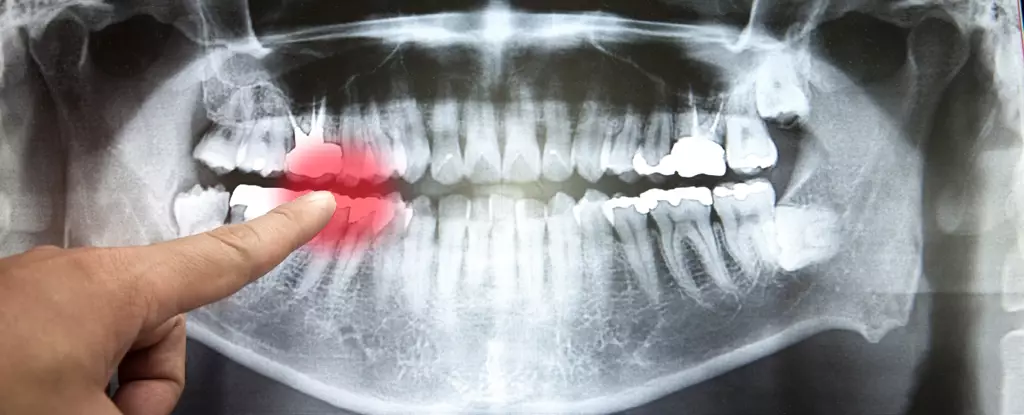Research has shown that losing a significant number of teeth, particularly in older age, is associated with a higher risk of dying from heart disease, stroke, and other cardiovascular events. Previous studies have highlighted a correlation between tooth loss and an increased likelihood of developing heart disease and other cardiovascular conditions. Poor oral health is a well-known risk factor for cardiovascular diseases, which are the leading cause of death worldwide. The theory behind this connection is that tooth loss or inadequate oral hygiene could lead to infections that spread into the bloodstream, triggering inflammation that may impact the heart.
While some studies have suggested a causal link between tooth loss and cardiovascular disease, others have found that the association disappears once factors such as smoking are taken into account. However, recent research led by Anita Aminoshariae from Case Western Reserve University in Ohio suggests that tooth loss is a significant predictor of cardiovascular disease mortality. According to their analysis, individuals who have lost most or all of their teeth face a 66 percent higher risk of dying from heart-related issues compared to those with fewer missing teeth or none at all.
The analysis considered a total of 12 studies, all of which adjusted for age and smoking status, and most of which took into account other critical confounding factors related to cardiovascular disease risk. Despite these adjustments, the elevated risk of cardiovascular disease mortality associated with severe tooth loss persisted. This indicates that tooth loss could have a direct impact on heart health outcomes, beyond traditional risk factors like smoking, diabetes, and high cholesterol levels.
While observational studies cannot prove causation, the research suggests that addressing oral health issues could potentially reduce the global burden of cardiovascular diseases. Improving access to healthy foods and affordable dental care, particularly in low- and middle-income countries and among older populations, could help prevent tooth loss and its associated risks. Given that one-third of deaths worldwide are caused by cardiovascular diseases, maintaining optimal oral health is crucial in preventing heart attacks, strokes, and other fatal heart events.
The link between tooth loss and cardiovascular disease is a complex and multifaceted issue that warrants further investigation. By recognizing the importance of oral health in overall heart health, individuals and healthcare providers can work together to prevent the progression of cardiovascular diseases and improve health outcomes on a global scale.


Leave a Reply